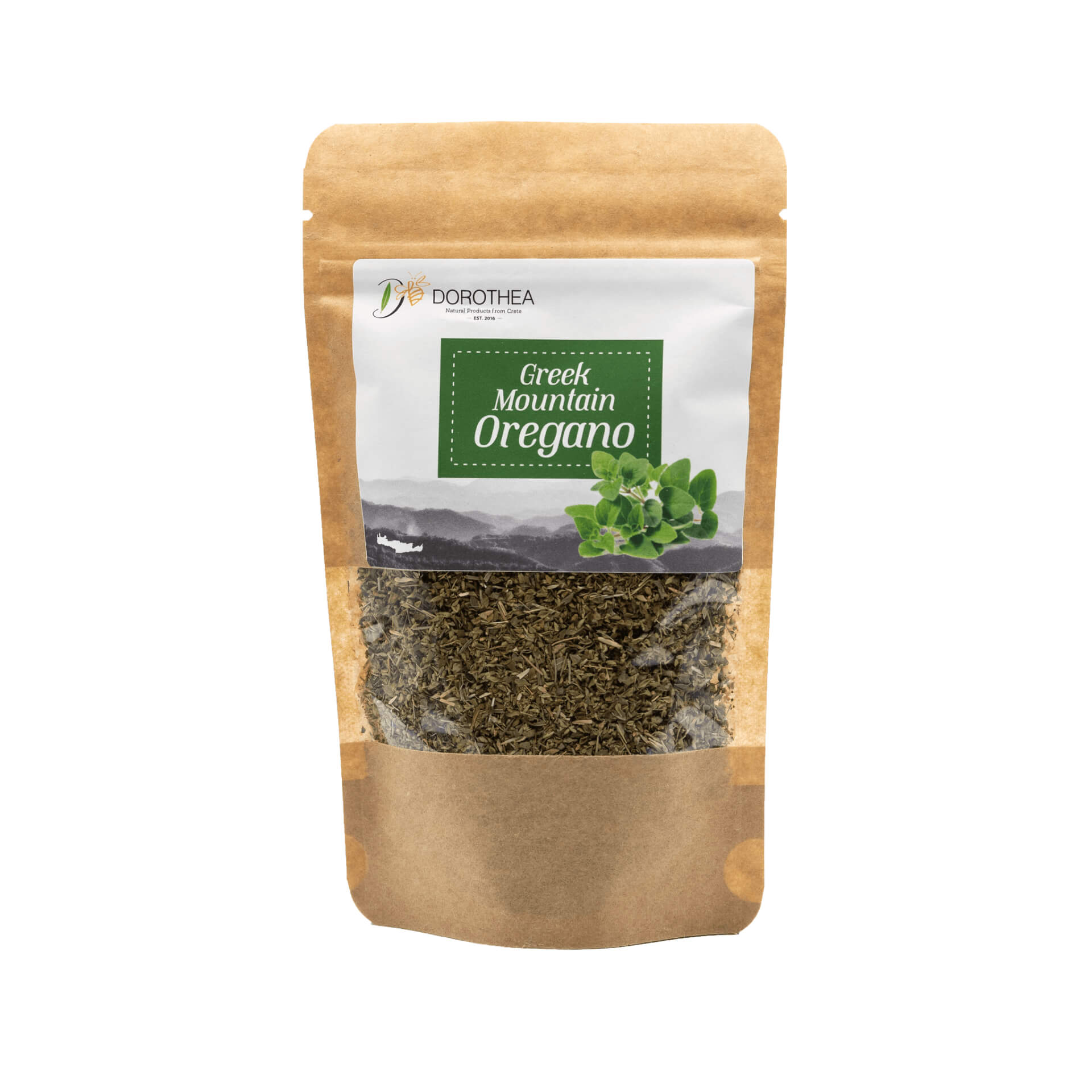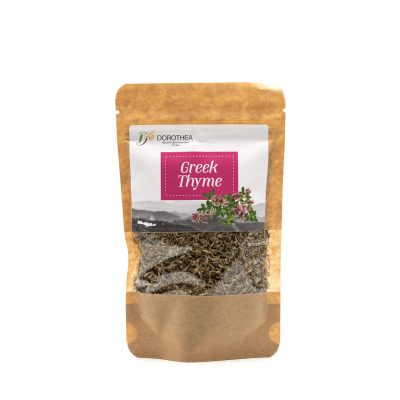OREGANO
Description
One of the most widely used herbs worldwide, oregano can be found in almost every Greek dish!
One of the key cornerstones of Greek cooking, oregano has been used for thousands of years. The ancient Greeks prized oregano for its culinary and medicinal properties and used the herb in its fresh and dried forms, as well as its potent oil.
The world “oregano” comes from the Greek “oros” (mountain) and “ganos” meaning bright. The small, shrubby plant grows well in a range of European climates, including on mountainous peaks.
The dried form of the herb provides a powerful punch of flavor, and also boasts a lot of health benefits, including the fact that it is a traditional, herbal remedies.
There are actually different varieties of oregano. Whilst the Greek variant is the most common and considered the “true oregano”, there are other milder varieties. The herb is prized for its warm, rich flavor, with a powerful tang. Although it is considered to be a quintessentially Greek herb, Oregano is also popular in many cuisines and is commonly used in Sicilian cooking and southern Italian dishes to add a warm, spicy tang to rich tomato-based sauces. You‘ll find that I makes a wonderful addition to a hearty Marinara sauce for your pizza or pasta dishes.
Because oregano oil has antioxidant, antifungal and antibacterial properties, it was used in ancient cultures for medical purpose. Its first recorded use was by the ancient Assyrians, in around 3000 BC. In modern times, oregano oil can still be used in food preparations as a powerful natural preservative.
-
Some tips!
- Combine with basil and thyme for aromatic sauces for pizza and pasta
- Powerful antioxidant properties mean oregano helps preserve dips and cream-based sauces
- Make your own infused olive oil as a delicious salad dressing
- Perfect in a marinade for grilled or barbecued meat
Oregano is a favorite in Greek cooking and works well with salads, fresh fish and meat dishes.

